Pahor odds-on to become Slovenian PM
Slovenian opposition leader Borut Pahor says that he will be entering talks to form a new government soon.
Tuesday, 23.09.2008.
12:07

Slovenian opposition leader Borut Pahor says that he will be entering talks to form a new government soon. The announcement of postal results yesterday afternoon did little to change the overall unofficial results of Sunday’s elections. Pahor odds-on to become Slovenian PM The official results will be announced in a week’s time, and in the meantime, votes from Slovenian citizens living abroad will be tallied. Even though the margin of victory of Pahor’s Party of Social Democrats (SD) over Prime Minister Janez Jansa’s ruling Slovenian Democratic Party (SDS) was narrow—1.21 percent—the final result could be a lot more decisive in practice. The results indicate voters’ lack of confidence in Jansa’s government, with a great many of his ministers failing to be re-elected. The chief casualties to lose their seats were Foreign Minister Dimitrij Rupel, Education Minister Milan Zver, Defense Minister Karel Erjavec and Interior Minister Dragutin Mate, among others. Finance Minister Andrej Bajuk, Jansa’s chief coalition partner in the government, faired worst of all, not only losing his seat in parliament, but also seeing his New Slovenia party fail to pass the 4 percent census mark. Although the official results are yet to come, it is already clear that the new Slovenian government will be formed by the “Leftist Three” pre-election coalition, made up of the SD, Zares and the Liberal Democrats of Slovenia, who altogether won 43 of the 90 seats in the Slovenian parliament. Four other parties could potentially join the coalition, including two minority parties and Defense Minister Erjavec’s DESUS pensioners’ party, which won seven seats. However, Erjavec has said that he will only join the government if he remains a minister, a position he claimed he was no longer interested in recently. Another obstacle could be the fact that he is also supposedly involved in the Patria financial scandal that shook Jansa’s party recently. Pahor announced that he would begin coalition talks soon, but added that while it was important for Slovenia to have a homogenous government with majority support, this should not be achieved at any price.
Pahor odds-on to become Slovenian PM
The official results will be announced in a week’s time, and in the meantime, votes from Slovenian citizens living abroad will be tallied.Even though the margin of victory of Pahor’s Party of Social Democrats (SD) over Prime Minister Janez Janša’s ruling Slovenian Democratic Party (SDS) was narrow—1.21 percent—the final result could be a lot more decisive in practice.
The results indicate voters’ lack of confidence in Janša’s government, with a great many of his ministers failing to be re-elected. The chief casualties to lose their seats were Foreign Minister Dimitrij Rupel, Education Minister Milan Zver, Defense Minister Karel Erjavec and Interior Minister Dragutin Mate, among others.
Finance Minister Andrej Bajuk, Janša’s chief coalition partner in the government, faired worst of all, not only losing his seat in parliament, but also seeing his New Slovenia party fail to pass the 4 percent census mark.
Although the official results are yet to come, it is already clear that the new Slovenian government will be formed by the “Leftist Three” pre-election coalition, made up of the SD, Zares and the Liberal Democrats of Slovenia, who altogether won 43 of the 90 seats in the Slovenian parliament.
Four other parties could potentially join the coalition, including two minority parties and Defense Minister Erjavec’s DESUS pensioners’ party, which won seven seats.
However, Erjavec has said that he will only join the government if he remains a minister, a position he claimed he was no longer interested in recently.
Another obstacle could be the fact that he is also supposedly involved in the Patria financial scandal that shook Janša’s party recently.
Pahor announced that he would begin coalition talks soon, but added that while it was important for Slovenia to have a homogenous government with majority support, this should not be achieved at any price.













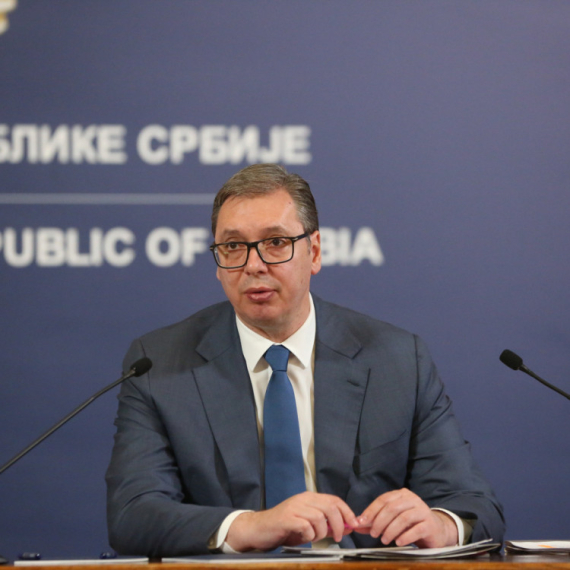
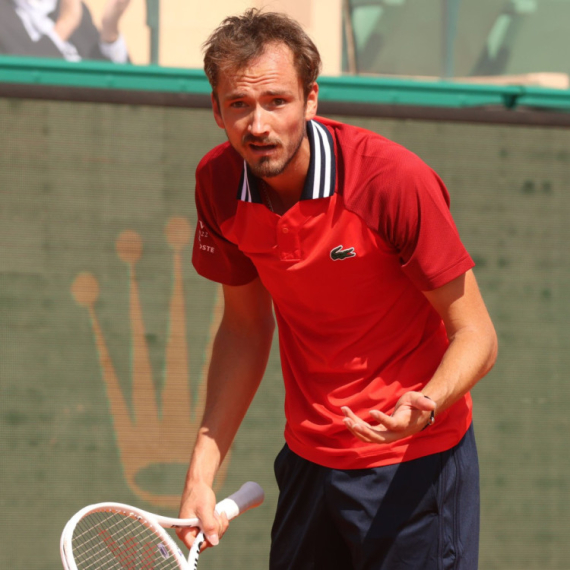
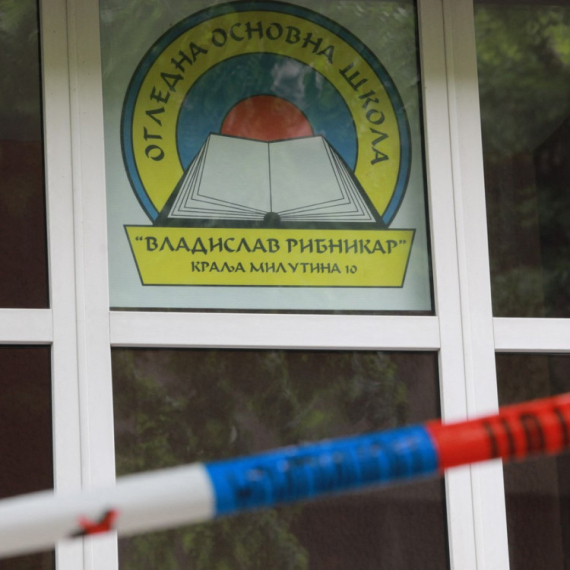

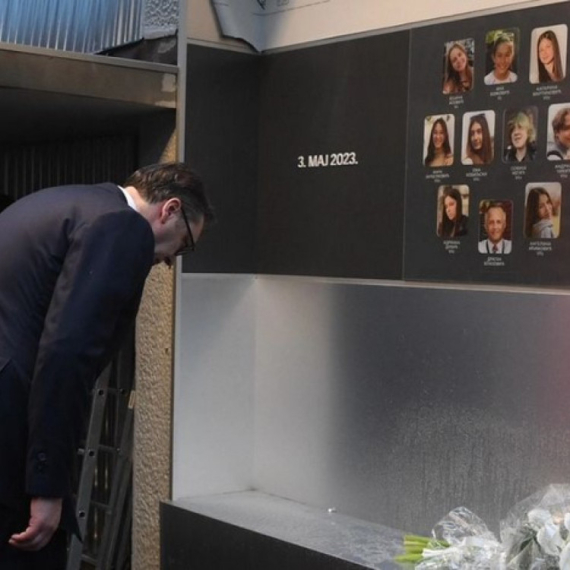
































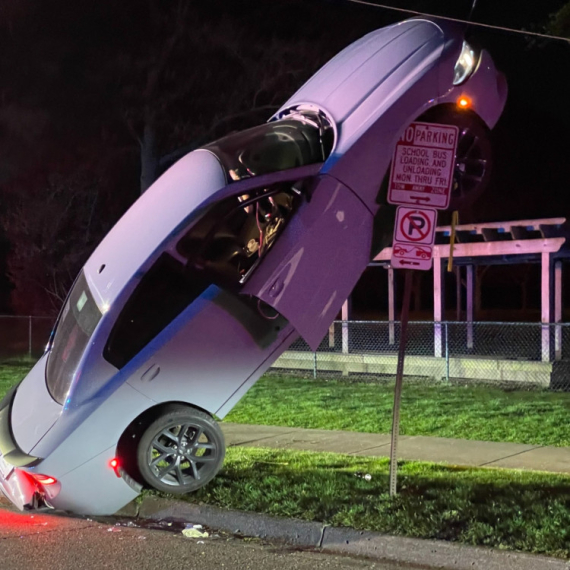

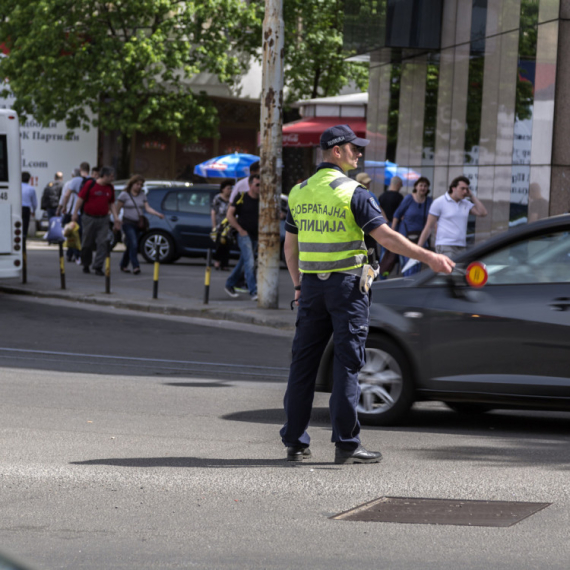
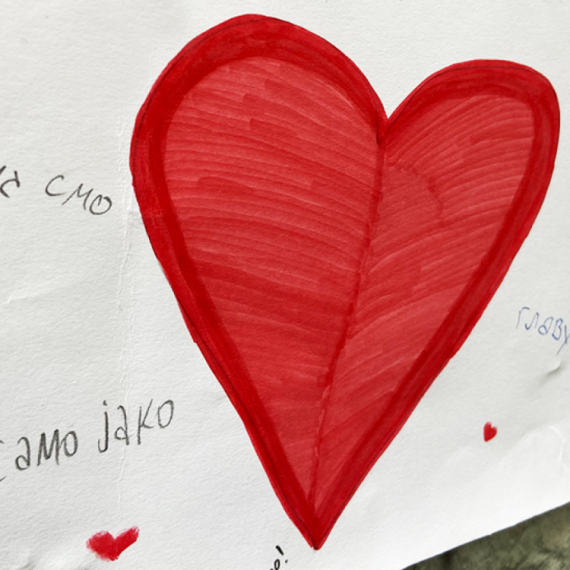





Komentari 0